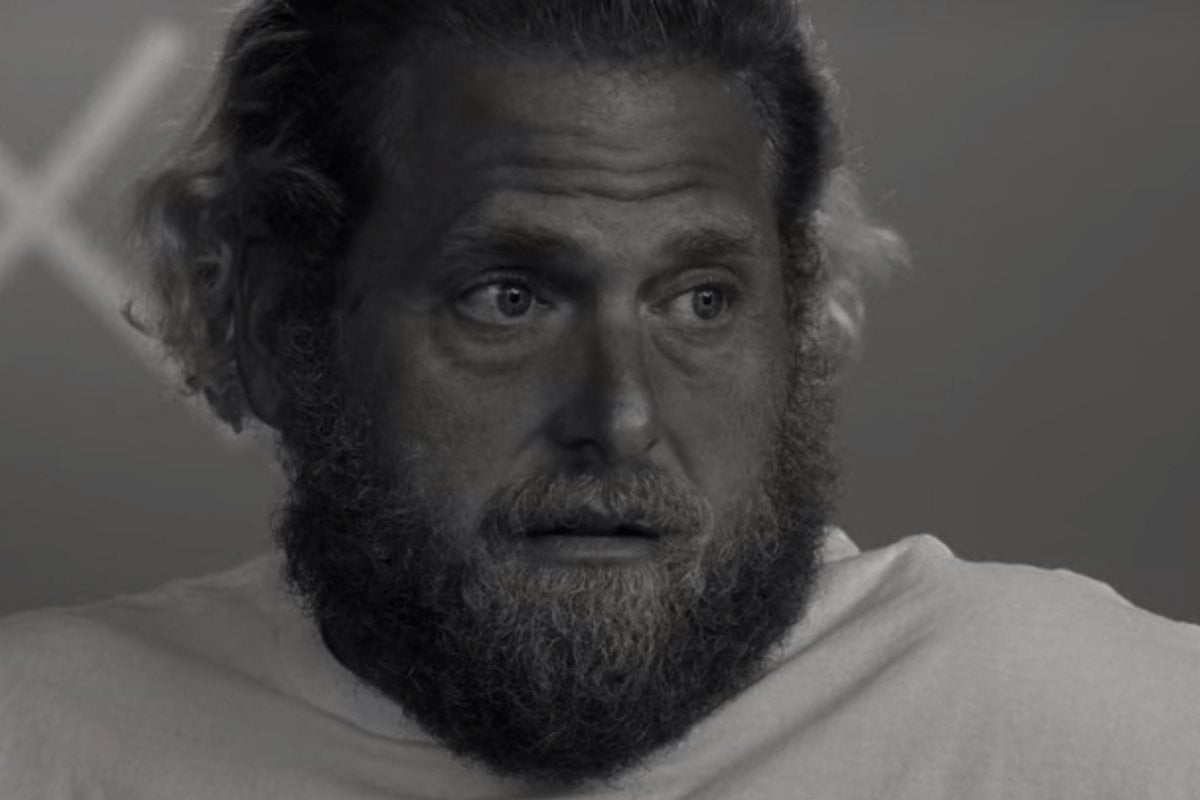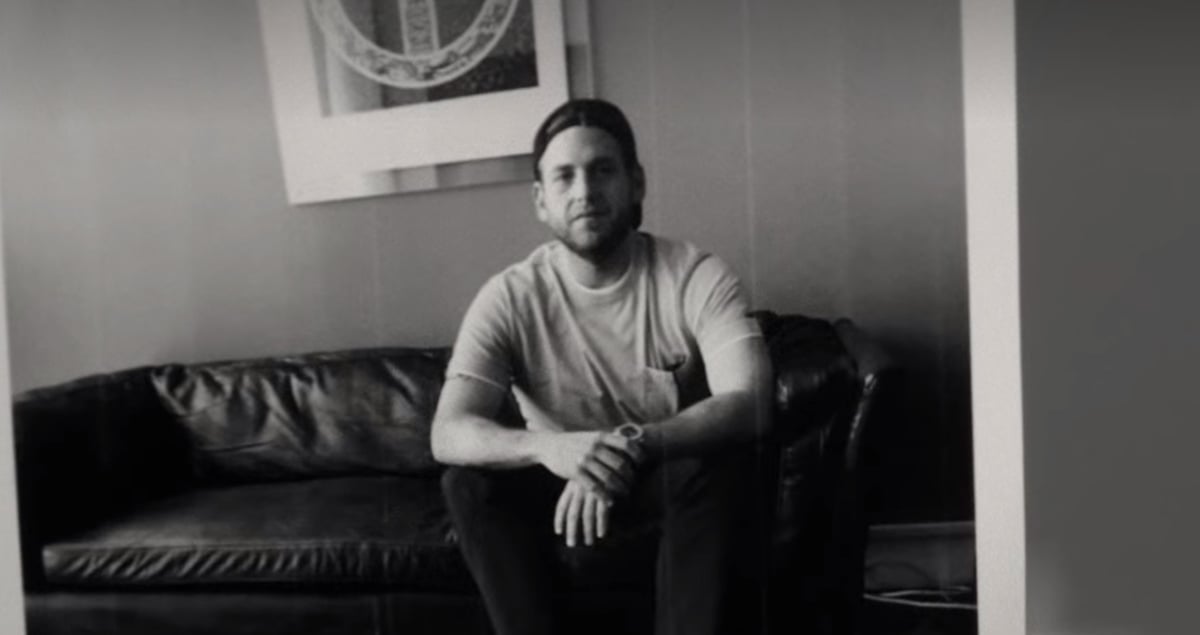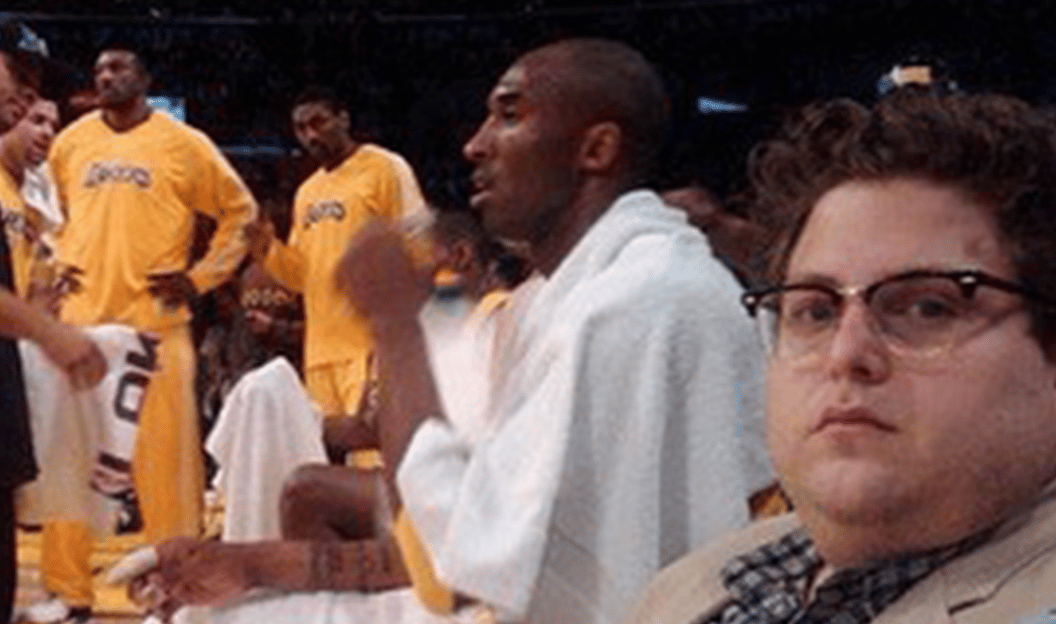
On December 22, 2017, actor and filmmaker Jonah Hill learned that his brother Jordan Feldstein had died suddenly.
At the time, and in the years since, he has said very little publicly.
We know now that the first thing he did was arrive on the doorstep of his therapist's office.
His therapist, Phil Stutz, is the subject of Hill's critically acclaimed new documentary streaming on Netflix titled Stutz.
"I spend a lot of my life avoiding thinking about that day," Hill reflects in Stutz. "I went into your office. It was definitely the most intense day in my life."
Feldstein had died of a sudden blood clot, blocking an artery in his lungs. At 40 years old, he was a music manager for a number of artists including Maroon 5 and Robin Thicke. He was the eldest brother of both Jonah Hill (whose full name is Jonah Hill Feldstein) and Beanie Feldstein, best known for her roles in Lady Bird and Booksmart. He was also a father to two young sons.
When Hill appeared at his therapist's office, Stutz did something unconventional. He asked Hill for permission to take a photograph. Four years on, Hill says in the documentary, he has still not looked at it.
He asks Stutz why he chose to take that photograph.
Stutz responds how rare it is in life to "get a chance to record something at the climactic most important moment, and then you come back to it, whether it's in a week or a year... there's a time gap. And in that time gap you actually experience the forces of healing and recovery."


